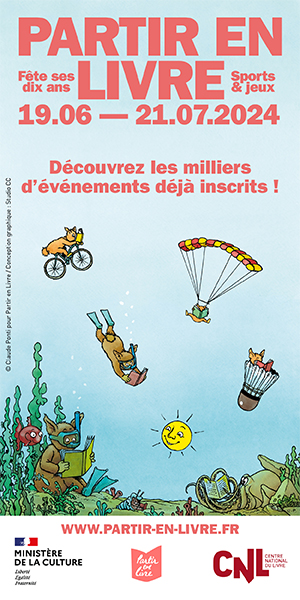Knowledge and Symbolization in Saint John of the Cross
Extraits
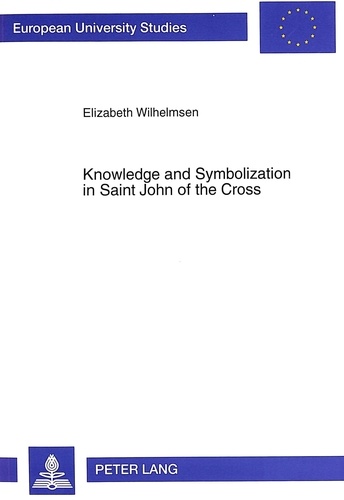
Histoire internationale
Knowledge and Symbolization in Saint John of the Cross
07/1993
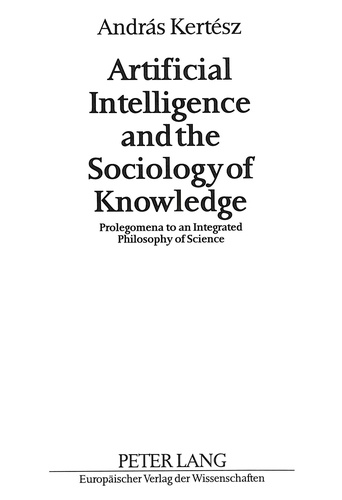
Non classé
Artificial Intelligence and the Sociology of Knowledge
10/1993
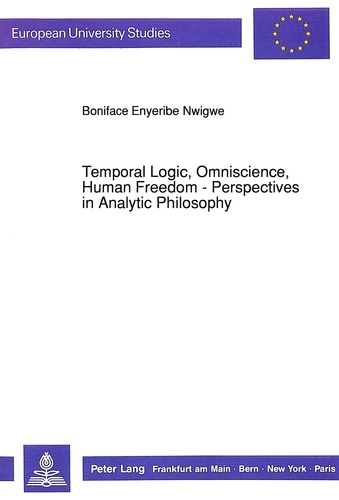
Non classé
Temporal Logic, Omniscience, Human Freedom - Perspectives in Analytic Philosophy
09/1991
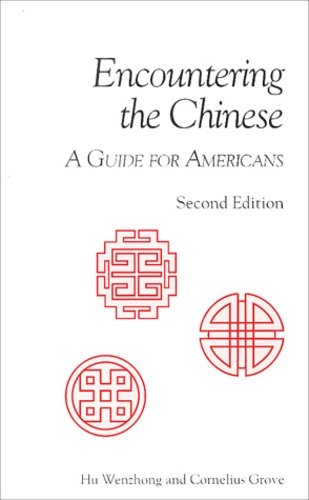
Anglais apprentissage
Encountering the Chinese. A Guide for Americans, Second Edition
01/1999
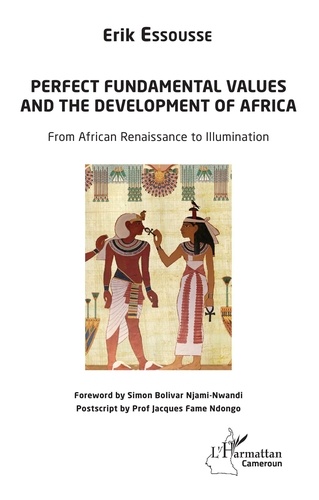
Histoire internationale
Perfect fundamental values and the development of Africa. From African Renaissance to Illumination
02/2020
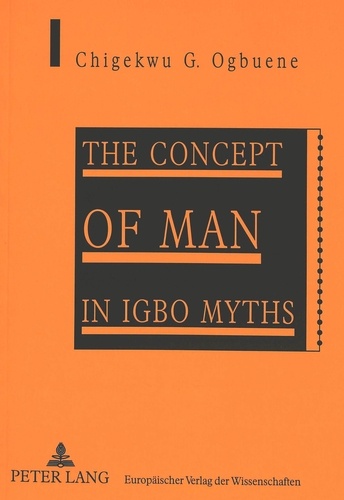
Non classé
The Concept of Man in Igbo Myths
11/1999
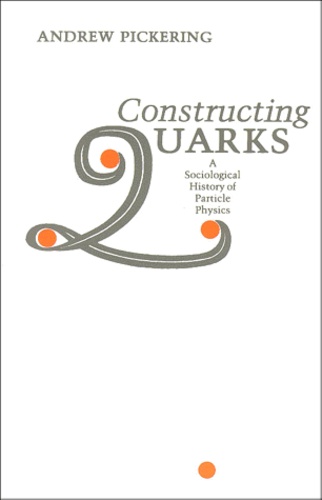
Histoire et Philosophiesophie
CONSTRUCTING QUARKS. A Sociological History of Particle Physics
01/1984
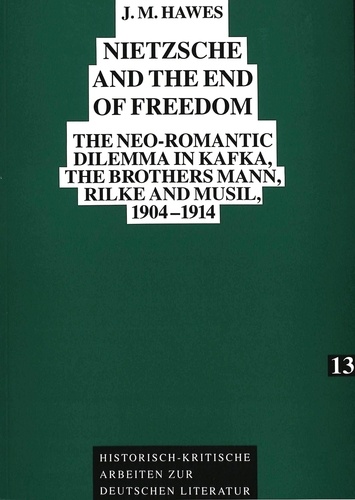
Non classé
Nietzsche and the End of Freedom
07/1993
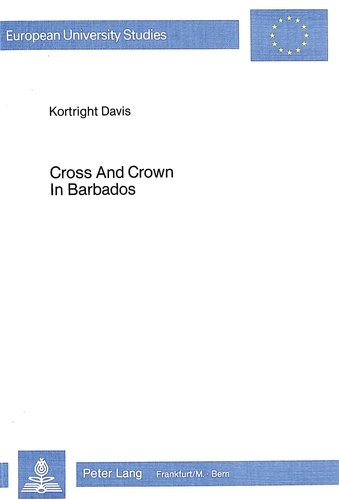
Religion
Cross and Crown in Barbados
12/1983
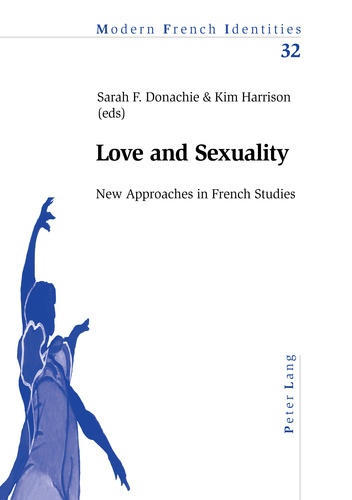
Non classé
Love and Sexuality
07/2005
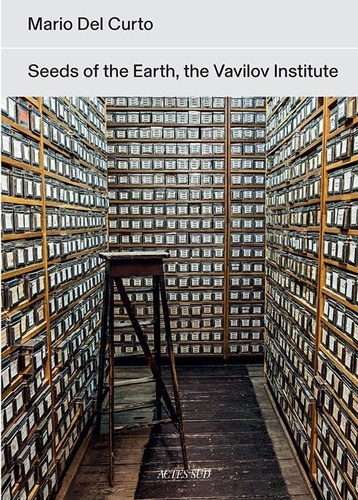
Photographie
Les graines du monde
10/2019
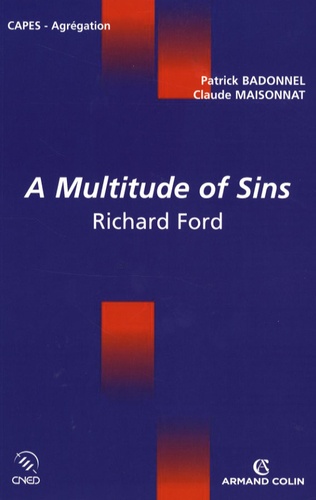
Anglais apprentissage
A multitude of Sins. Richard Ford
11/2007
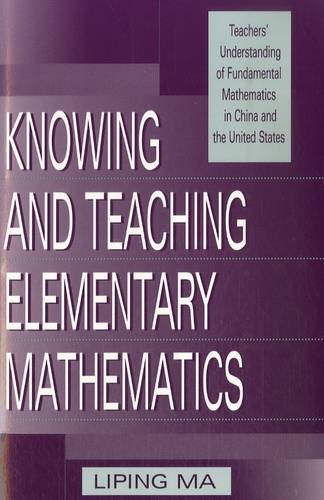
Mathématiques
Knowing and teaching elementary mathematics. Teachers' understanding of fundamental mathematics in China and the United States
01/1999
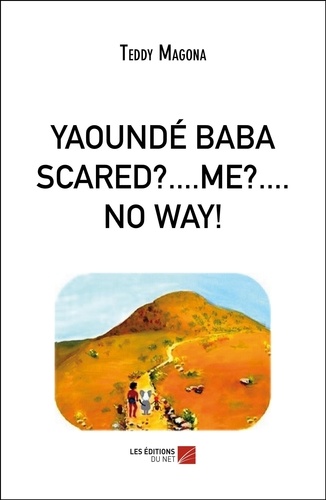
Livres 0-3 ans
YAOUNDÉ BABA SCARED?....ME?....NO WAY!
10/2017
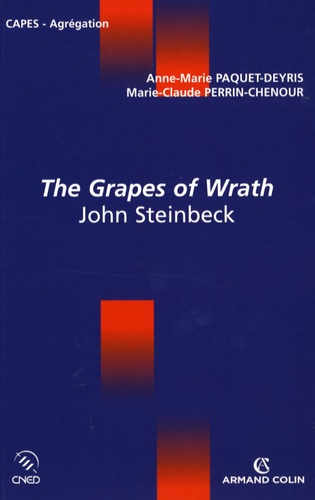
Anglais apprentissage
The Grapes of Wrath. John Steinbeck
11/2007
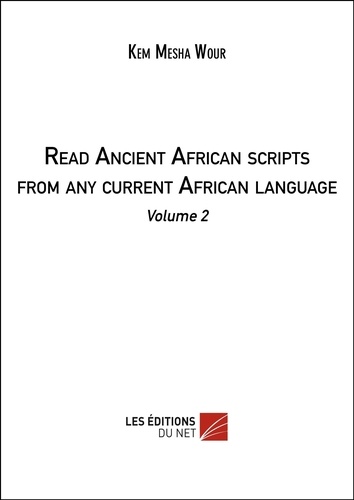
Non classé
Read Ancient African scripts from any current African language. Volume 2
05/2020
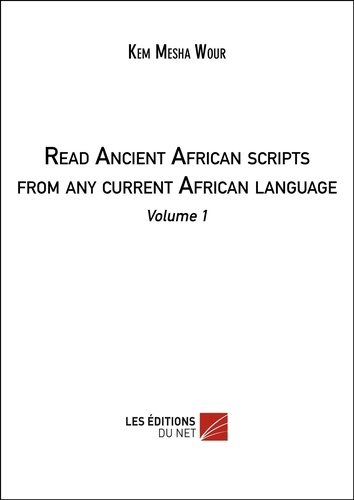
Non classé
Read Ancient African scripts from any current African language. Volume 1
05/2020
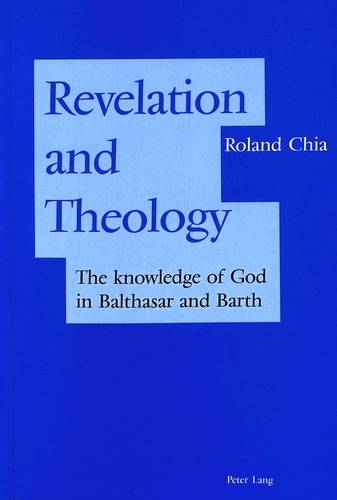
Religion
Revelation and Theology
11/1999
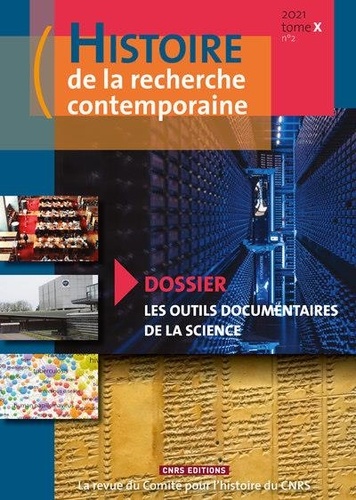
Histoire des sciences
Histoire de la recherche contemporaine Tome 10 N° 2/2021 : Les outils documentaires de la science
05/2022

Monographies
Venice. A Private Invitation
09/2022
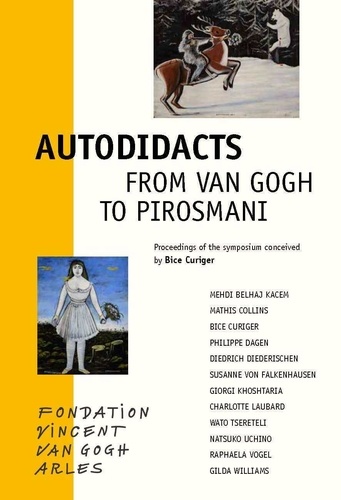
Beaux arts
Autodidacts. From Van Gogh to Pirosmani, 1e édition
01/2021
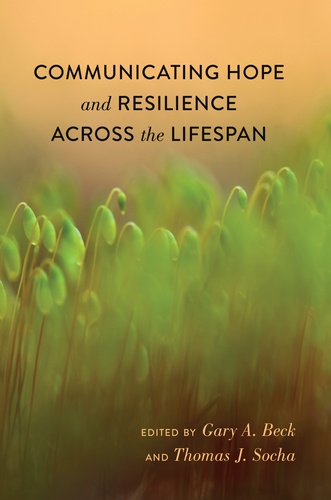
Sociologie
Communicating Hope and Resilience Across the Lifespan
03/2015
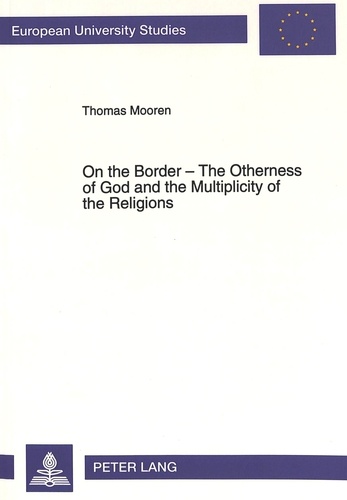
Histoire internationale
On the Border - The Otherness of God and the Multiplicity of the Religions
01/1994
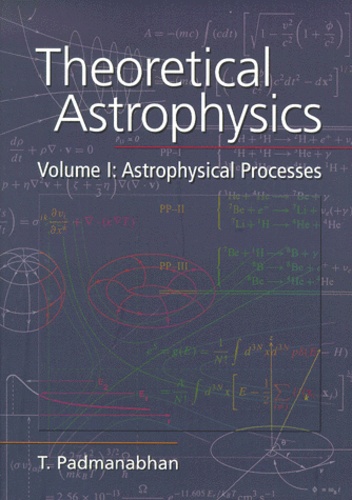
Sciences de la terre et de la
Theoretical Astrophysics. Volume 1, Astrophysical Processes
01/2000
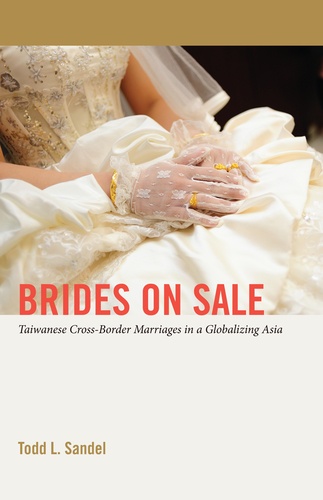
Non classé
Brides on Sale
04/2015
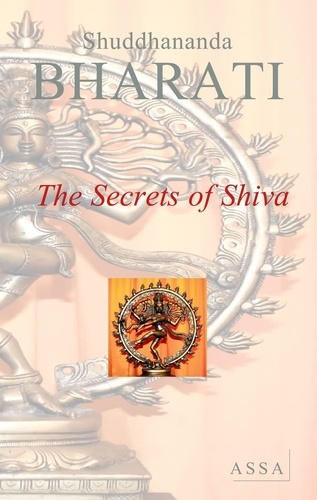
Littérature française
The Secrets of Shiva, Aum Namah Shivaya, unquestioned deity of human knowledge
10/2013
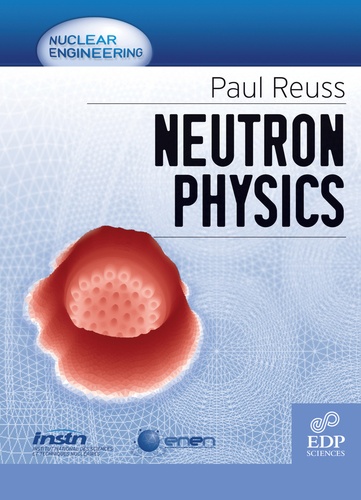
Physique, chimie
Neutron Physics
09/2008

Mathématiques
LEVY PROCESSES AND INFINITELY DIVISIBLE DISTRIBUTIONS
01/1999
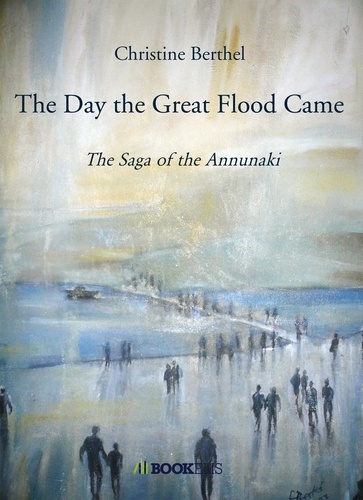
Science-fiction
The Day the Great Flood Came
06/2019
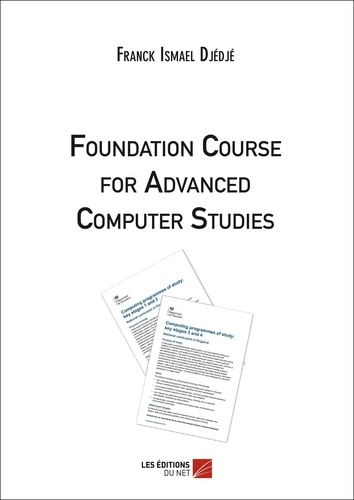
Informatique
Foundation Course for Advanced Computer Studies
11/2015

